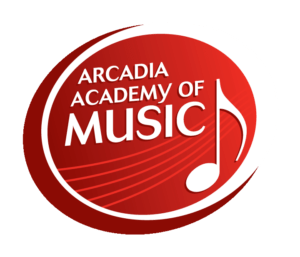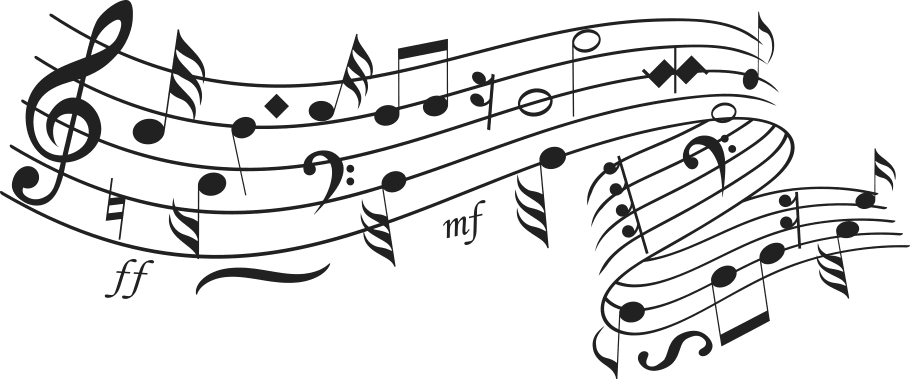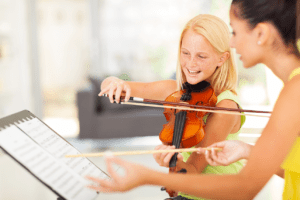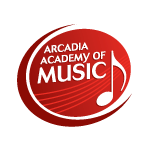Playing a String Instrument
AGES: Seven and up
GENRES: Classical, Jazz, Folk, Country
Available in 30, 45 or 60 minute private or online lessons.
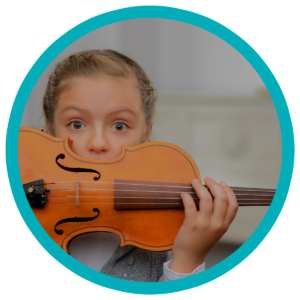
Violin, Viola, Cello … three bowed stringed instruments rooted in distinct technique dating back to as early as the 16th century; expression rooted in the soul of the player and taught at Arcadia Academy of Music. These instruments have the ability to “sing” melodies without words and instil discipline in the player that goes beyond music and into everyday life. Learn how to play the violin, viola or cello through one of our comprehensive conservatory programs (Arcadia or RCM) that takes you through a progressive approach addressing technique, musicality and so much more. To mark a sign of progression, take examinations or compete in our annual festival competitions.
Go outside the box and join our Band Program integrating yourself into a more contemporary arrangement of instruments. By the end of journey, learn how to teach and share the same passion with other students through our elite teaching program.
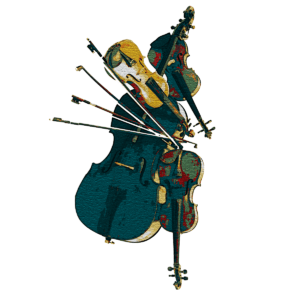 Goals and objectives:
Goals and objectives:
Primary goal is to develop basic music skills applied to the stringed instruments. Lessons may be customized to include information specific to the student’s requests. Lessons may also focus on practical situations regarding the student’s individual interests in a variety of stringed instrument playing situations. Students may select their own material, topics and music to study to supplement Arcadia syllabus. Students will learn in music reading and theory, develop rhythmic abilities and advance in ear training. They will begin by learning fundamental skills to play melodic pieces and songs, studies and scales. More sophisticated topics such as advanced bowing techniques, the basics of ensemble playing, competition dynamics and recital organization, will be included as part of advanced skill development. Essential theory studies would complement and enhance the student’s overall understanding of music, not simply as a very unique language, but also as a medium for humanity.
Technical exercises:
It is very important to encourage all students to use exercises such as scales, arpeggios, and studies in order to develop solid techniques. Instructors are also expected to identify and to assign appropriate studies in order to surpass technical difficulties within specific musical context. Other more complex topics of technical discussion such as basic human ergonomics, practise methodology, etc., should also be considered, if the necessary level of comprehension is evident in the student.
Repertoire:
At the start, students should work on an average of 4 short songs per month. In the initial phase of learning students will focus on learning overall posture, intonations, rhythmic values, basic fingering and bowing techniques. Intermediate phase will deal with advanced fingering and bowing techniques, note articulation, dynamics, character and style of the composition. Advanced phase will see all known techniques being tested through the preparation of major concert pieces.
